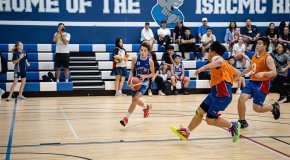Self Management Skills for Students: How to Develop
Table of Contents
Being a student, regardless of age, can be challenging. Besides homework, students are encouraged to engage in hobbies and co-curricular activities. Without self-management skills to handle stress, they may struggle to adapt to various situations.
Developing self-management skills is a challenging process, particularly without support from educators. Therefore, teaching these skills to students should always be a priority. To effectively teach self-management skills, educators can focus on the following areas:
-
- Planning Skills
- Organization Skills
- Persistence Skills
- Progress Monitoring Skills
- Control Skills
- Detailed Attention Skills
What are Self-Management Skills?
Self-management skills refer to a subset of skills that revolve around managing one’s thoughts, behaviors, and emotions in different situations.
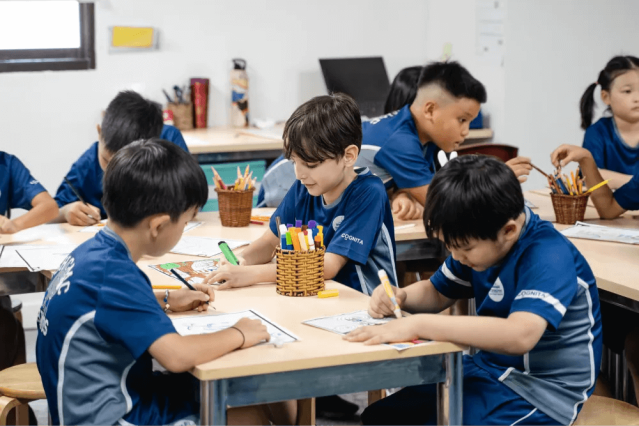
These can include the skills to manage stress, motivate oneself, and work towards a personal goal. Students with good self-management skills are more likely to be academically successful and manage stress better. Examples of self-management skills for students include Junsoo Chung and Karen Oda, accomplished alumni from ISHCMC.
Self-management skills are not exclusively relevant to teenage students. Self-management skills for elementary students are still crucial for children’s development, and teaching these skills to young students will make it easier for them to learn stress control later in life.
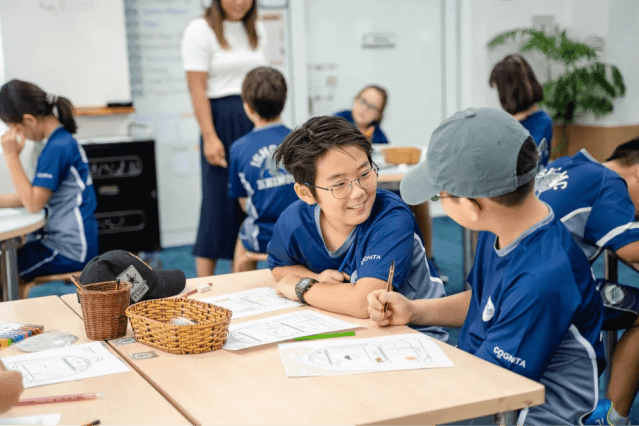
Modern approaches to education place a strong emphasis on integrated learning, so self-management skills do not exist in a vacuum. In fact, the International Baccalaureate (IB) program lists self-management skills as one of five interrelated skills that aim to support students of all ages in becoming self-regulated learners.
What are The Core Skills of Self Management?
The core skills of self-management include planning skills, organizational skills, persistence, progress monitoring, control, and attention to detail.
Planning skills
Planning skills refer to students’ capability to make plans ahead of time and follow through with those plans.
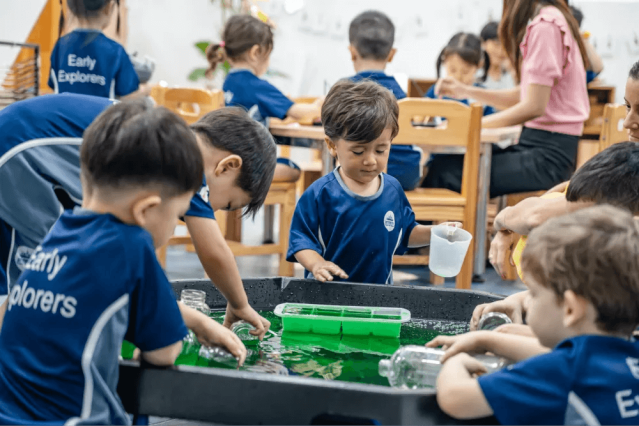
-
- Initiate tasks/assignments/discussions: Students who possess good planning skills should be able to initiate new tasks and discussions with ease.
- Requires prompt to begin tasks: If students encounter difficulties implementing tasks, they need to be proactive in requesting teacher prompts to complete them, creating positive motivation during the learning process.
Organizational Skills
This skill set refers to the capability to keep work artifacts organized for better efficiency.
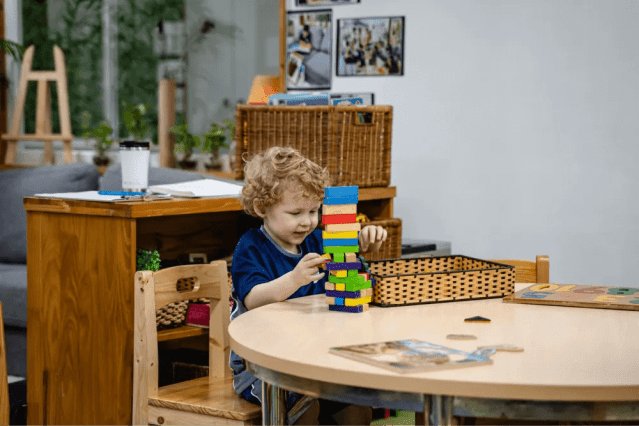
-
- Be on time to class: Being on time is a prime example of being organized.
- Attend school regularly: Students who attend school regularly demonstrate great organizational skills.
- Prepare materials before class: This is a crucial step before every class session, as it helps students absorb new knowledge more effectively.
- Apply proactive learning: Taking proactive steps to minimize difficulties and make better decisions while learning is a great indicator of organizational skills.
Perseverance Skills
A persistent student is one who is not deterred by difficulties. This student presses on to gain new knowledge.
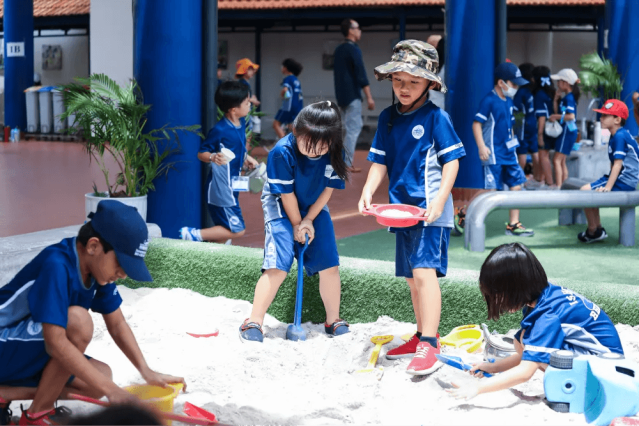
-
- Work a sustained period of time: Persistent students are capable of focusing for a long period of time with ease.
- Complete tasks and assignments: Persistent students consistently complete tasks without needing outside motivation.
- Maintain positive relationships: Positive relationships require patience and persistence, so students who develop perseverance skills will be able to maintain them easily.
Progress Monitoring Skills
Students who are able to monitor their progress are more likely to excel in self-management skills.

-
- Follow oral and written directions: Students who follow oral and written directions demonstrate a strong drive for learning, enabling them to track their progress easily.
- Ask questions and request help: Children should be able to ask questions to identify their ongoing difficulties in their studies and seek help from others to improve their progress.
- Accept criticism and feedback: Getting feedback and constructive criticism from others will help students monitor their progress better.
- Reward themselves: Students will also have to reward themselves from time to time as a means of motivation for their current progress.
Control Skills
Students who have mastered self-management skills are much more likely to have good control over their emotions and behaviors.
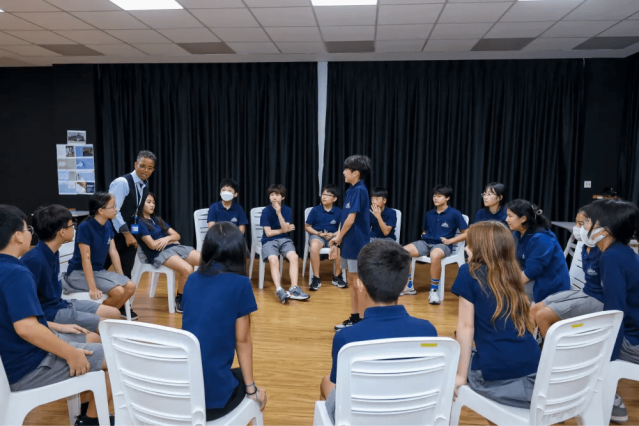
-
- Self-discipline: Students who are in control of their behaviors are capable of disciplining themselves when necessary.
- Self-control task completion: Completing tasks within the allotted time frame is a great indicator of control skills.
- Work independently as well as cooperatively with peers: Students with good control skills who work either independently or cooperatively are much more likely to succeed.
- Self-physical control in class: Students with control skills will almost never resort to violent resolutions.
Detailed Attention Skills
Good attention to detail is also a quality of self-management skills.
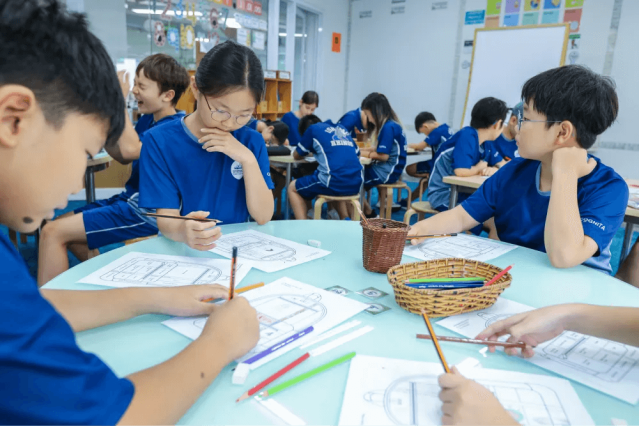
-
- Participate appropriately: Being detail-focused on every lesson content will build a good habit that every student needs to instill.
- Pay attention to task details: Students who pay attention to the minor details within a task will have a much easier time learning to self-manage themselves.
How to Teach Students Self-Management Skills?
How to develop self-management skills in students is certainly not an easy task for educators as well as parents.
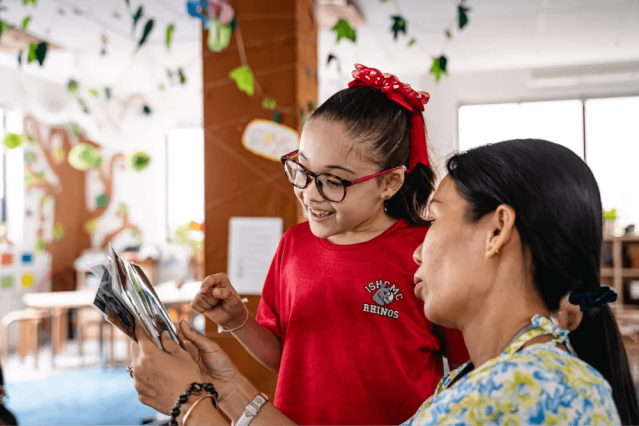
The following guidelines should provide you with the basic ideas to help nurture these skills in students.
Establishing and Maintaining Focus
Focus is a key character that forms the basis of good self-management skills. Skilled educators should establish focus in every lesson to help students develop this character.
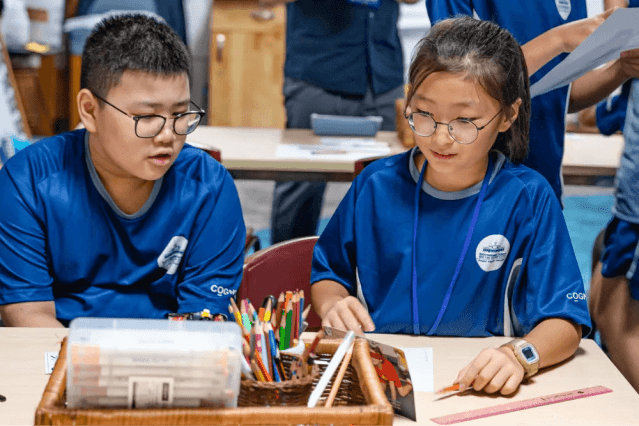
-
- Responsive to attention signals: Educators could create attention signals that let students know they need to focus on upcoming pieces of information.
- Voice level management: Most students are easily fed up with monotonous voices, so educators should always vary voice levels to make the lessons more engaging.
Improving Routine Tasks’ Management
Routine tasks can wear students out quite quickly, so educators could mix things up to make the tasks more engaging. In turn, students will be more likely to take the initiative to manage the tasks themselves.
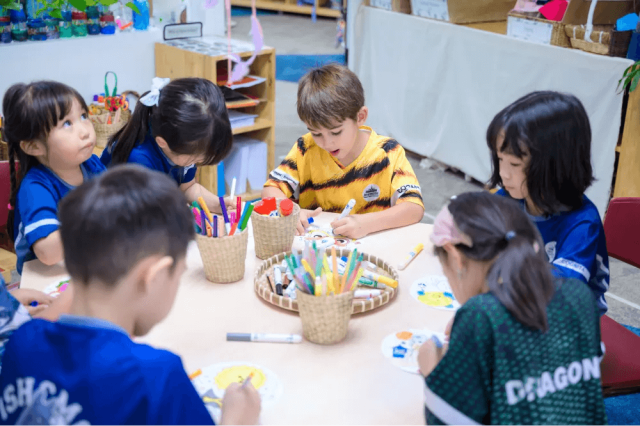
-
- Distraction management: Eliminate all distractions that could divert the student’s attention from the current tasks.
- Prompt task initiation: Creating better task initiation will lead to better overall results.
- Resilience to Interruptions: Make sure that students are not interrupted by others when they are speaking.
Students’ learning environment is a crucial factor in determining their motivation and learning efficiency. Skilled educators should always help students navigate the learning environment so that they can more easily achieve success.
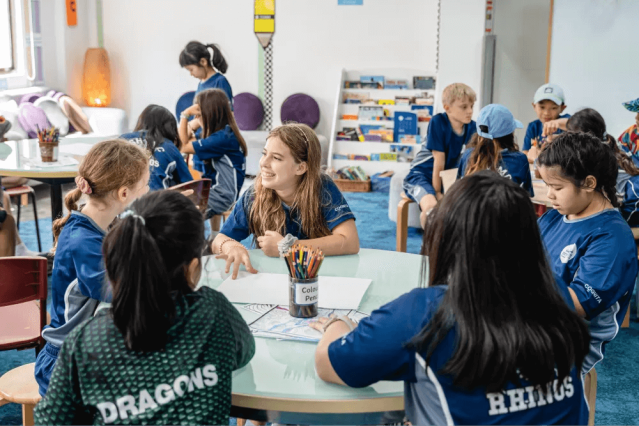
-
- Efficient movement: A great learning environment encourages students to move around for their own benefit.
- Appropriate workspace selection: Students’ workspace should be clean and comfortable all the time.
- Handling personal needs: Educators must consider students’ personal needs to design the best learning environment for them.
- Unobtrusive classroom navigation: Teachers should provide a discreet learning environment when evaluating students’ performance without making them aware of it.
ISHCMC provides the perfect learning environment for students to train their self-management skills and become successful future leaders. Our unique approaches to learning support students of all ages in becoming self-regulated learners who know how to ask good questions, giving students the agency to become the best version of themselves.
Maximizing Learning Efforts
By optimizing teaching strategies, educators can maximize learning efforts and provide valuable lessons to students.
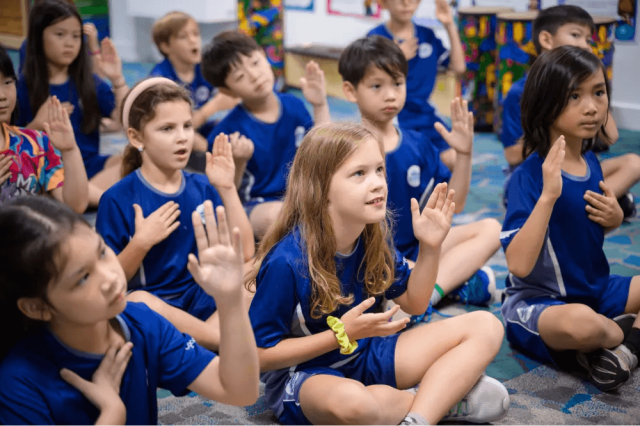
-
- Strategic Activity Selection: Activities should be selected based on the expected outcomes, not by random.
- Efficient Use of Materials: Educators will have to use materials efficiently to maximize the student’s learning efforts.
- Effective Workgroup Selection: When selecting workgroups, try to pair students with good dynamics together.
- Direction Implementation: Make your directions clear and concise for the maximum effect.
- Workspace organization: Work with your students to keep the workspace, i.e., the classroom, organized at all times.
Nurturing Self-management Skills with ISHCMC
ISHCMC encourages nurturing self-management skills with tailored learning programs for all-age students. As one of the five essential skills focused in our approaches to learning (ATL), self-management skills receive various opportunities to develop with authentic learning experiences created by teachers.

Our IB Programme integrates Approach-to-Learning (ATL) skills into each curriculum to support holistic development in terms of academic results and personal growth. Read here for more information about our IB Programme.
FAQs
Practices to develop self-management skills require proper tools and educational methods to mitigate the challenges during the learning process.
What are the challenges to develop students’ self-management skills?
The primary challenges educators face would be the lack of funding and resources as well as the varying levels of effectiveness across educational facilities. Achieving consistent results is hard and it would require highly trained educators.
What are tools to help practice self-management skills at school?
Educators can provide the following tools to help students practice self-management skills at school: Time management logs, checklists and rubrics, rating scales, and behavior report cards.
How can ISHCMC improve self-management skills for students?
ISHCMC integrates “Approach to Learning (ATL)” skills into all sections of the IB Programme. Specifically, the ATL requires students to practice and master 5 essential skills, including self-management.
The capability to control one’s emotions and time will help students grow up into responsible adults, increasing their chances of success in life. ISHCMC provides the perfect learning environment to nurture the student’s self-management skills and the child’s holistic development for future success.



